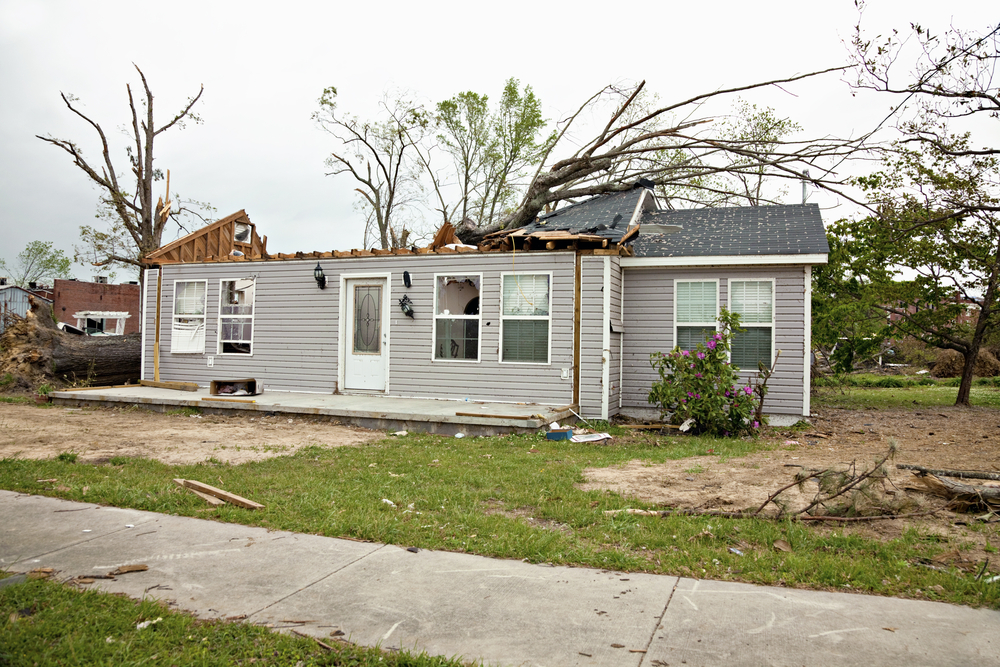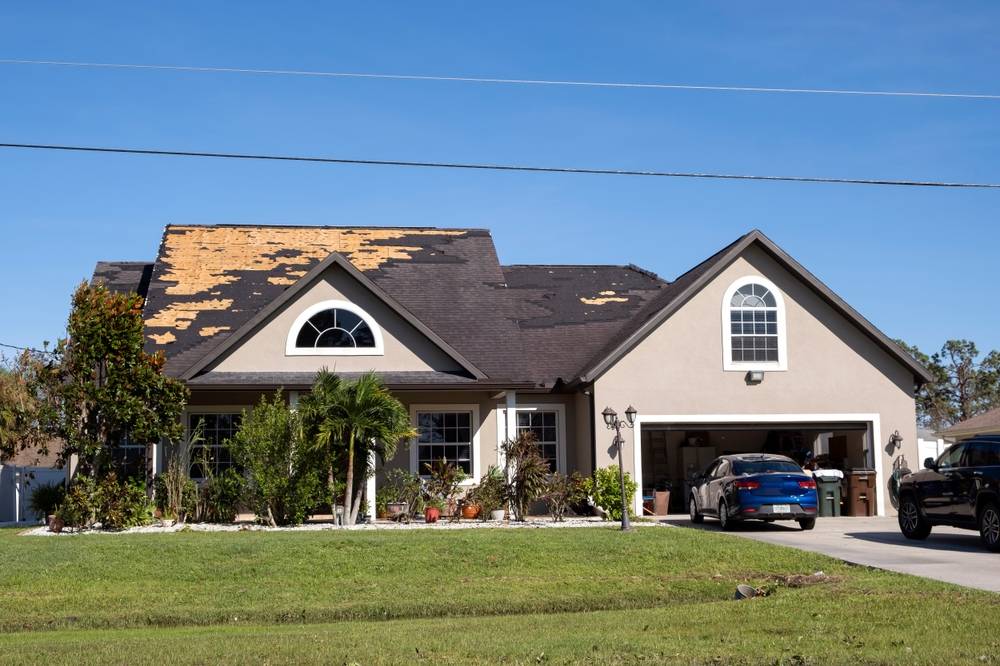Property damage claims can arise from various situations, such as accidents, natural disasters, or vandalism. Understanding when to hire a lawyer for these cases can significantly impact the outcome. It is essential to consider legal representation if the damage is extensive or if liability is disputed.
Navigating the complexities of property damage claims can be daunting. Individuals often face challenges when dealing with insurance companies that may undervalue claims or deny compensation altogether. A lawyer can provide the necessary expertise to manage negotiations and protect the claimant’s rights.

Understanding Property Damage
Common Causes of Property Damage
Property damage occurs due to numerous factors. Some of the most prevalent include:
- Water Damage: Leaks from plumbing or heavy rainfall can cause significant issues.
- Fire Damage: Fires can stem from electrical faults, cooking accidents, or arson.
- Theft: Break-ins may lead to damage during forced entry.
Each cause presents unique challenges, affecting not only the physical property but also insurance claims. Understanding these elements allows property owners to act swiftly to mitigate damages.
Impact of Natural Disasters
Natural disasters often lead to extensive property damage. Events like hurricanes, earthquakes, and floods can cause severe structural issues. Key aspects to consider include:
- Flooding: This can ruin flooring, drywall, and modern appliances.
- Wind Damage: Strong winds can tear off roofs or break windows.
- Earthquakes: Structural instability can lead to severe property loss.
Property owners must be prepared, as these incidents can be sudden. A proactive approach includes acquiring appropriate insurance coverage.
Accidents and Property Damage
Accidents contribute significantly to property damage statistics. Common scenarios include:
- Vehicle Collisions: Cars crashing into buildings cause both structural and aesthetic damage.
- Construction Accidents: Equipment failures or mishaps may result in damage to the surroundings.
- Spills and Breakage: Accidental drops or spills can harm floors or personal belongings.
Understanding these risks helps owners and tenants take preventive measures, possibly reducing liability.
Consequences of Vandalism
Vandalism is an intentional act that causes harm to property. It often encompasses graffiti, broken windows, or other defacement. The key consequences include:
- Financial Burden: Repairing vandalized property can be costly and time-consuming.
- Emotional Toll: Property owners may feel violated or unsafe after vandalism occurs.
- Community Impact: High rates of vandalism can diminish neighborhood appeal and property values.
Addressing vandalism quickly and effectively is vital. Documentation and timely repairs can assist in insurance claims and neighborhood safety.

Hiring a Property Damage Lawyer
Complex Cases and High-Value Claims
When a property damage situation involves significant financial stakes or intricate legal issues, hiring a lawyer becomes essential. These cases often require in-depth knowledge of property laws and regulations, which can vary by jurisdiction.
For instance, if multiple parties are involved, such as contractors or suppliers, the legal landscape can become complicated. A lawyer can assess the liability and negotiate effectively, ensuring the property owner receives appropriate compensation.
In addition, if the damages surpass a certain threshold, legal fees might be justified. It’s important to weigh potential outcomes against legal costs to determine if hiring an attorney is prudent.
Insurance Company Disputes
Disputes with insurance companies can arise for various reasons, including claim denials or inadequate settlements. When an insurance provider refuses to offer a fair payout, legal assistance may be necessary.
An experienced lawyer will understand the tactics insurance companies often employ to minimize payouts. They can negotiate directly with insurers, advocating for a fair settlement based on the damage assessment and policy terms.
In some cases, effective representation can lead to faster resolutions. The lawyer’s knowledge about the appeals process can prove invaluable if the initial claim is denied, ensuring the property owner’s rights are protected.
Slow Progress on Existing Claims
If a property damage claim is progressing slowly, this could signal the need for legal intervention. Time can be of the essence in these situations, particularly if repair costs continue to escalate.
Consulting a lawyer can help identify the cause of the delays, whether it’s due to incomplete documentation, disputes regarding policy coverage, or other factors. An attorney can push for timely action from insurers, leveraging their experience to expedite the process.
Furthermore, if negotiations stall, a lawyer can prepare for legal action. They can file a lawsuit if necessary, ensuring that the matter is resolved efficiently and the property owner’s interests are prioritized.
Navigating the Legal Landscape
Stages of the Legal Process
Property damage cases typically involve several stages. Initially, a claim is filed with the insurance company, where documentation of the damage must be submitted. This includes photographs, estimates for repairs, and any relevant police reports.
After the initial filing, insurance adjusters assess the damage and determine liability. If the parties cannot reach an agreement, the case may proceed to litigation. Here, pre-trial procedures, such as discovery and depositions, take place. In some cases, mediation or arbitration may be pursued as alternatives to court.
Ultimately, if the dispute remains unresolved, the matter may go to trial. Each stage requires careful navigation to ensure that the claim is handled properly.
Benefits of Legal Representation
A lawyer can significantly enhance the chances of a favorable outcome. Legal professionals possess the knowledge to interpret laws and regulations applicable to property damage claims.
They can handle communications and negotiations with insurance companies, which can be complex and adversarial. This representation ensures that clients do not unintentionally accept inadequate settlements.
Additionally, a lawyer can effectively gather evidence and build a compelling case, understanding the importance of timelines and documentation. When litigation becomes necessary, having experienced legal counsel provides strategic advantages in court. Overall, legal representation is a crucial asset in the pursuit of justice in property damage claims.
Selecting a Qualified Property Damage Attorney
Choosing the right attorney for property damage cases is crucial. Start by identifying lawyers who specialize specifically in property damage law. Key factors to consider include:
- Experience: Look for an attorney with a proven track record in property damage claims. They should know the ins and outs of relevant laws.
- Reputation: Research online reviews and ask for referrals. A lawyer’s reputation in the community can provide insight into their reliability.
- Communication: Choose someone who communicates clearly and consistently. They should be accessible and willing to explain legal terms in layman’s language.
- Fees: Understand their fee structure. Many property damage attorneys work on a contingency basis, meaning they only get paid if the case is successful.
Meeting with several attorneys can help in making an informed choice. A qualified property damage attorney will provide clarity and guidance throughout the legal process, ensuring your rights are protected.